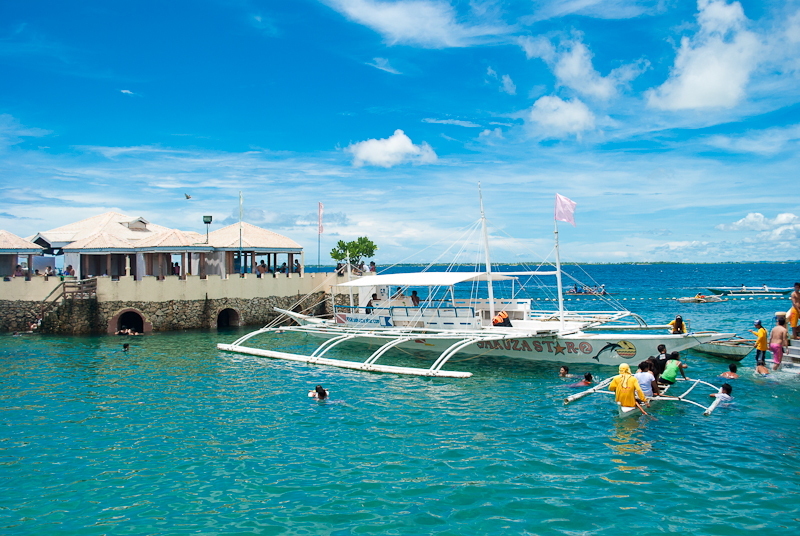I am an American doctor who’s spent the final two years inside the Philippines conducting public health research, I also designed a personal study to respond to the subsequent question: Why is it that inside a country whose quality lifestyle for 90 percent of it’s 90 million citizens are at, or below the United States poverty level, the folks there were rated the second happiest culture inside the world from the British journal, “The Economist?” I came up with 10 reasons after asking a lot of questions and giving the problem a lot of consideration.
To the normal Filipino:
Friends and family are the worlds. Family ties are extremely crucial that in the largest city, Manila, the majority of whose 12 million residents come there to work from “the provinces,” rural areas where families are based, gets to be a veritable ghost town during Christmas week as over half the population voyages returning to its family roots. Life is difficult, why put on it? People are generally poor and there is no adequate government safety net to aid the destitute. Going to the hospital requires cash beforehand more and more people die without adequate medical treatment.
In the face of everything the people there still don’t stop trying and find every chance to have an enjoyable time. I watched one day as 10 young children swam in a flooded stairwell after a typhoon. You would have thought these folks were swimming in a pool in a day camp these folks were having a great deal fun. The view of “other people” is always that many people are highly imperfect and faulted thereby being accepted by way of a group inside culture involves fewer hurdles.
Yes, people there want to gossip, nevertheless, it generally will not extend to excluding the individual being judged… People there never miss the opportunity to celebrate something. Christmas preparations begin in October, and every baptism, birthday and anniversary is really a major affair. Every neighborhood district or “barangay” possesses its own block-party feast at some specified time each and every year. The realities of living, particularly sickness and death are taken more in stride within normal life in lieu of being considered tragedy or bad luck.
Major losses are easier when you realize that nothing stays the same knowing that people die. The people there take tremendous pride in their country, their ethnicity, their work, in addition to their recreation. They are acutely aware for example of the celebrity around the world stage who is even part Filipino. Money is really a means to obtain life’s basic needs. Anything left over is for celebrating. This one obviously creates problems but I’m just becoming an objective observer.
Seemingly minor demonstrations of respect between people are important. When greeting one another the terms sir and madam/ “mum” are routine. They noticeably smile and laugh a great deal. They are acutely aware that material wealth won’t create happiness. They regularly poke fun at how unhappy members of the wealthy class are viewed. With a well-documented record of corruption among high government officials, many of whom openly enrich themselves via their influence, there is also a very real a sense of how wealth corrupts.
Overall it appears that using a more present understanding of the difficult realities of the hard life drives Filipinos to look more within themselves and within their human ties for his or her happiness, a stance clearly more separate from life circumstances than I have seen because of the norm inside the US as well as other wealthier cultures.

